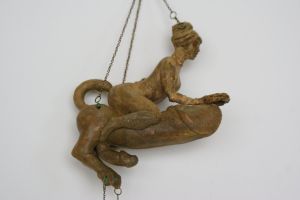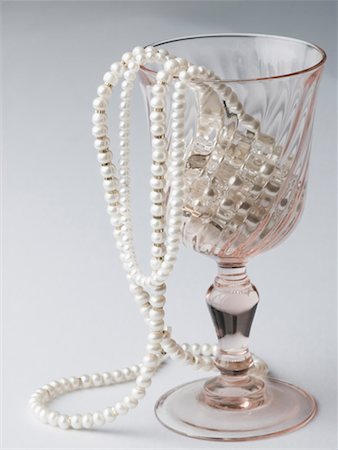
Rogare longo putidam te saeculo
vires quid enervet meas,
cum sit tibi dens ater et rugis vetus
frontem senectus exaret,
hietque turpis inter aridas nates
podex velut crudae bovis!
sed incitat me pectus et mammae putres,
equina quales ubera,
venterque mollis et femur tumentibus
exile suris additum.
esto beata, funus atque imagines
ducant triumphales tuum,
nec sit marita, quae rotundioribus
onusta bacis ambulet.
quid quod libelli Stoici inter Sericos
iacere pulvillos amant?
illiterati num magis nervi rigent,
minusve languet fascinum?
quod ut superbo provoces ab inguine,
ore allaborandum est tibi.
(Horace, Epod. 8)
To think that you, who have rotted away with the long passage of time, should ask what unstrings my virility, when your teeth are black, and extreme decrepitude ploughs furrows on your forehead, and your disgusting anus gapes between your shrivelled buttocks like that of a cow with diarrhea! I suppose I am excited by your bosom with its withered breasts like the udders of a mare, your flabby belly, and your scrawny thighs perched on top of your swollen ankles! Be as rich as you like. May the masks of triumphal ancestors escort your cortege! Let no wife be weighed down with fatter pearls as she walks proudly by! What of the fact that slim Stoic volumes nestle on your cushions of Chinese silk? Does that make my organ (which can’t read) any stiffer, or my phallic charm less limp? To call it forth from my proud crotch you must go to work with your mouth. (tr. Niall Rudd)









